Visaaranai: A radical critique of systemic violence from Vetri Maaran

Arghya Dey is a former student of University of Delhi. Currently, he is employed as a guest lecturer at Gurucharan College, Silchar, Assam. He is interested in cinema and novels.
If one follows the current tendencies of Indian mainstream cinema over the past couple of decades, one sees a lack of films that deal with the intersection of caste and class violence perpetrated by the state. Visaaranai is an exception to the norm. Vetri Maaran (the director of the film) is currently considered to be one of the most prominent filmmakers in contemporary Tamil cinema. He has won critical acclaim both in domestic and international film festivals. He is regarded as one of the most authentic voices to have emerged in Indian cinema.
Vetri Maaran made his presence known as a serious filmmaker with his stunning debut feature “Polladhavan” (based on drug traffickers and biker gangs), and he has not looked back since. Furthermore, Visaaranai is merely another addition to the auteur’s extraordinary oeuvre. Visaaranai won the Amnesty International Italia Award for focusing on human rights violations after it premiered in the Orrizonti section at the Venice International Festival back in 2016 and was India’s official nominee at the Academy Awards.
Visaaranai reflects the working-class concerns of the director (a similar thematic concern is present in his other films) and depicts the rampant corruption, police brutality, and xenophobia that have plagued the South. Tamil cinema, in general, has gone through a revival over the past two decades. A large part of the resurrection in Tamil cinema can be attributed to an audience that is very much aware of the cinematic language and, for the demand that “awareness” has created for films that address some socio-political issues.
Vetri Maaran has been one of those directors who can blend in both entertainment and social commentary in his cinema almost seamlessly. In his treatise on ‘Violence’, Slavoj Zizek elaborates on how violence manifests in three different forms in Neo-liberal regimes, namely, the subjective (crime and terrorism), the symbolic (violence embedded in language); and the systemic (the violence perpetrated by the state). According to Zizek, the massive impetus given to subjective forms of violence obfuscates the systematic violence that is committed by the state. In Visaaranai, Vetri Maaran fearlessly tries to highlight the force that the state perpetuates on the body and the mind of the marginalized communities.
Moreover, this portrayal of violence is executed with a potency that is hitherto unprecedented in the contemporary Indian cinematic landscape. It is a startling indictment of the utter indifference and cruelty that migrants are made to face in India’s urban spaces(s) and the traumatic effects it has on their psyche. Vetri Maaran is not concerned with providing instant gratification to the viewers (as many movies tend to). Instead, his cinematic ‘text’ is more concerned with challenging the existing status quo. What is extraordinary is that the director can do all of that without resorting to any melodrama. Visaaranai is a time bomb that threatens to explode on the viewer’s consciousness at any (and every) moment.
I have come to notice a striking similarity between the novels of Kafka and Vetri Maaran’s evocation of a bureaucratic nightmare.
Milan Kundera, while writing on the novels of Kafka, states that “[Kafka] transformed the profoundly antipoetic material of a highly bureaucratized society into the great poetry of the novel; he transformed a very ordinary story of a man…into myth, into epic, into a king of beauty never before seen”. The sentiment is equally applicable to Vetri Maaran as the auteur has been able to achieve similar in his evocation of a Kafkaesque nightmare from which there is no escape for the protagonists.
Based on the novel ‘Lock Up’ by M Chandrakumar, it highlights the plight of four Tamil Immigrants who had migrated to Guntur, Andhra Pradesh in search of a better life but are made scapegoats in a robbery case by the police. The novel (which is autobiographical) is about the horrible two weeks that the narrator had spent in police custody, wherein they were forced to confess to a crime that they had not committed and had no idea about. Vetri Maaran (who is also an avid reader) claims, “The novel made me realize how close the threat of violence is prevalent around us and how vulnerable we are to it.”
Vetri Maaran, while portraying the prevalence and normalization of Police brutality, is drawing upon something very much rampant in the Indian state machinery. A report published by the Human Rights Commission states that more than 14000 people have died in Police and Judicial Custody in India between 2001 and 2010. Initially, it seems as though Vetri Maaran is tackling themes of police brutality and the xenophobia that is prevalent in Andhra Pradesh against immigrants. However, Vetri Maaran resists taking such a monolithic view, and the second half of the film would attest to that.
The second half of the film enters into levels of complexities as it gradually starts interacting with the intersections of class and caste and the myriad forms of violence that come with it. The synthesis of contrasting directorial concerns, i.e., of mainstream viability with that of radical socio-political commentaries, is something that Vetri Maaran is gaining a tremendous amount of attention in film festival circles and amongst viewers. Visarunaai is a riveting watch with an extremely accomplished cast, and it will stick with the viewers for some time to come.
Featured Image Credits: Times of India



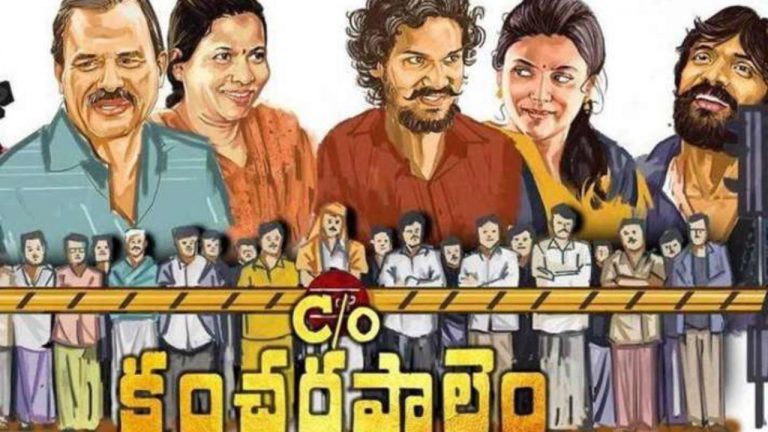
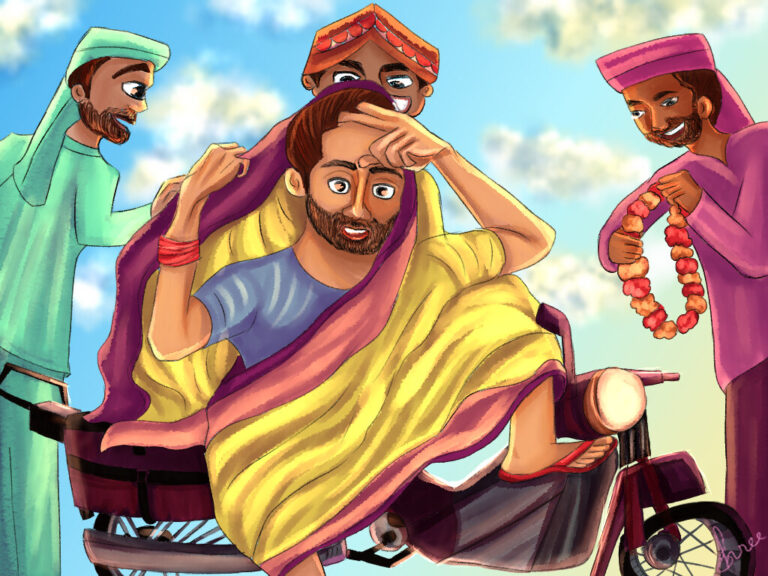
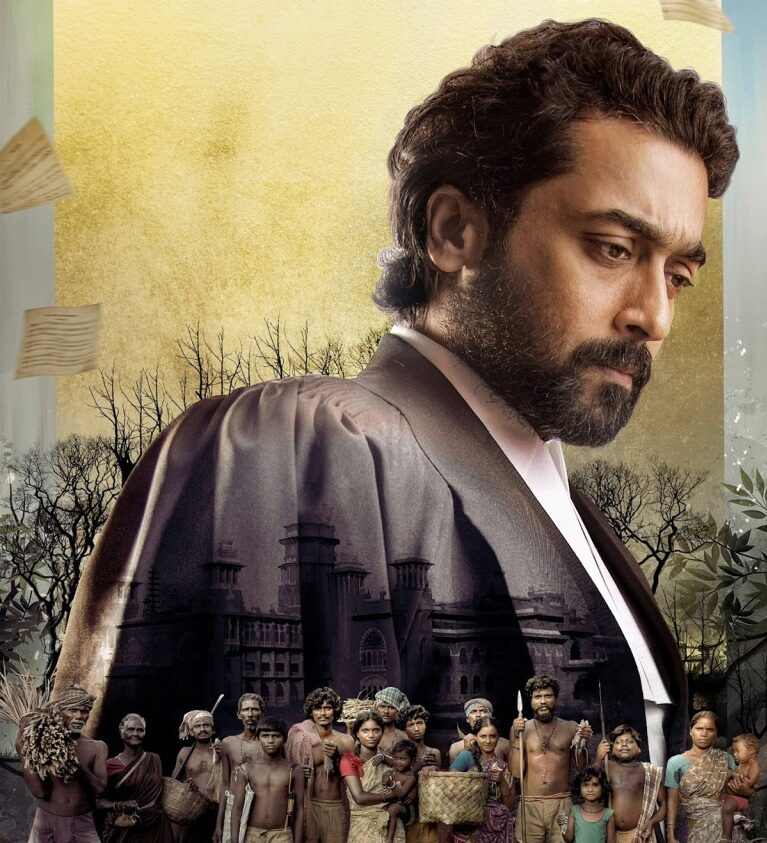
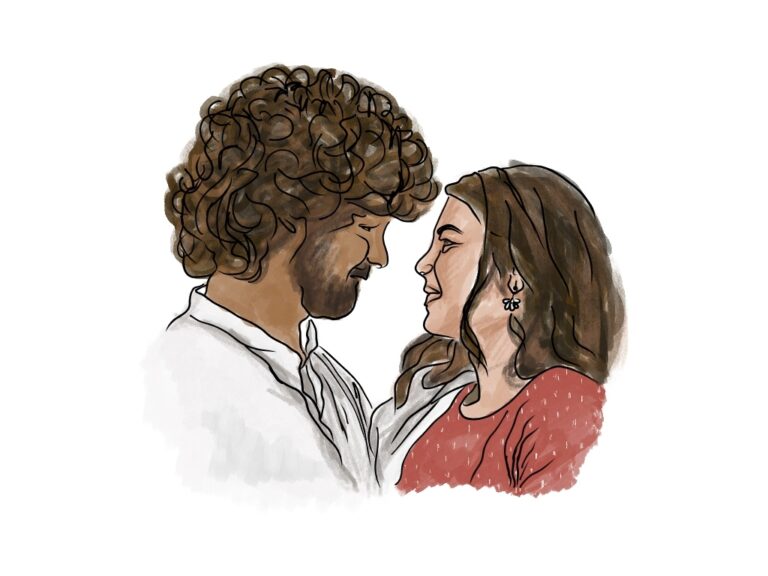
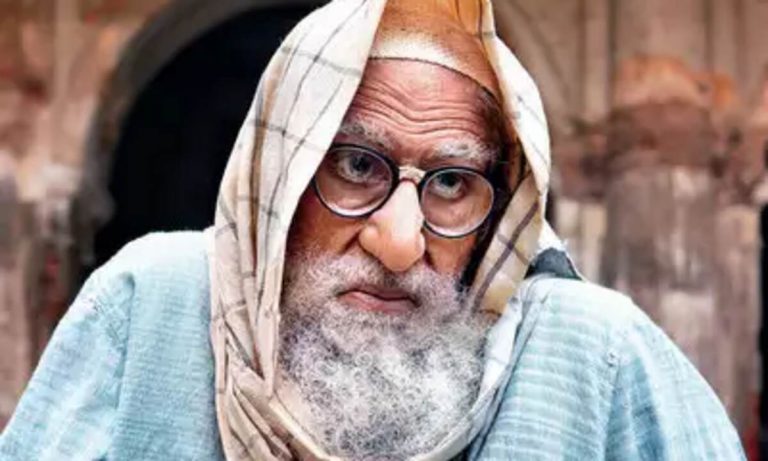
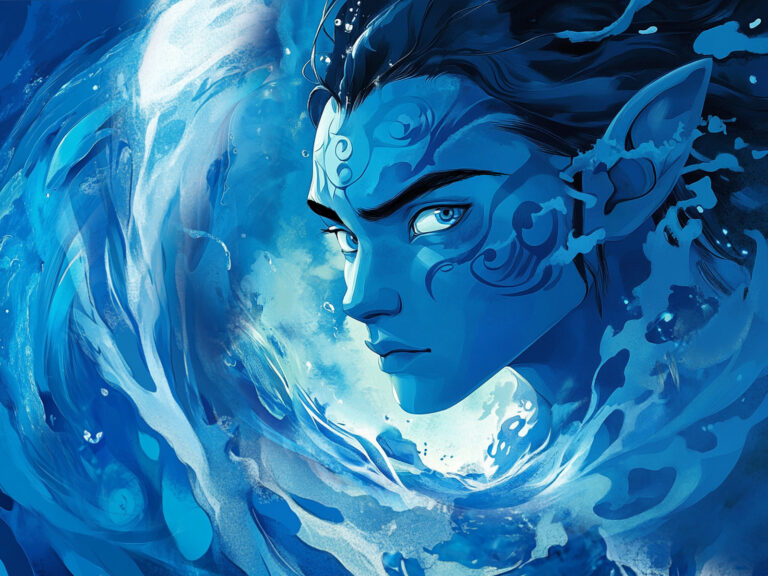
Absolutely beautiful review. Hope to read more from you.